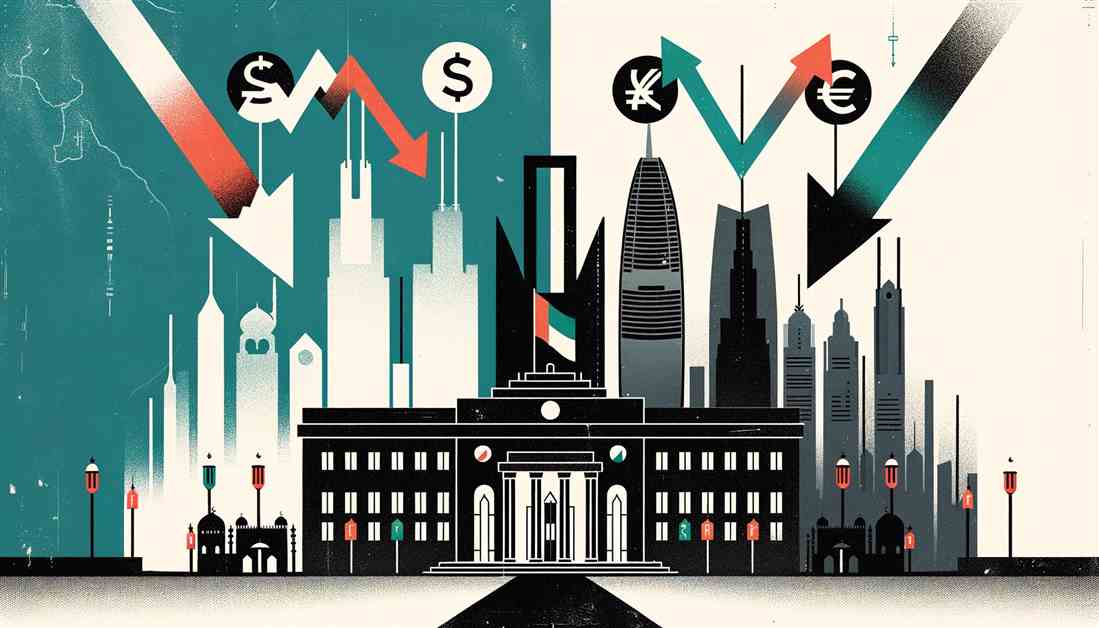Gulf markets have shown mixed reactions recently as investors keep a close eye on upcoming US inflation data. In Saudi Arabia, the market saw a 0.7% decline, with key stocks like Al Rajhi Bank and ACWA Power experiencing drops. ACWA Power’s plan to raise funds through a rights issue contributed to the negative sentiment in the market. Saudi Aramco also saw a slight decrease, partly due to expected declines in crude exports to China.
On the other hand, Dubai’s market performed well, with gains in real estate and finance sectors boosting the index. Emirates NBD and Emaar Properties were among the companies driving the positive trend. Qatar’s market continued its winning streak, with notable gains from Qatar National Bank and Industries Qatar. Abu Dhabi also saw steady growth over three sessions, led by Purehealth’s surge and TAQA’s strategic moves. Egypt’s blue-chip index showed positive momentum, driven by gains from Talaat Mostafa and E-Finance for Digital.
Investors are eagerly awaiting the US Consumer Price Index data for May and the Federal Reserve’s interest rate decision. As most Gulf currencies are pegged to the US dollar, any changes in US monetary policy are expected to have a significant impact on regional markets.
Market participants are approaching these developments cautiously, as the outcomes of the US inflation data and the Fed policy meeting are crucial. The varied performances of Gulf indices reflect the uncertainty surrounding these events. It is essential for investors to closely monitor how these market movements unfold, especially considering the dependence of Gulf currencies on the US dollar.
The anticipation of US economic indicators and the subsequent policy decisions by the Federal Reserve underline the interconnectedness of global economies. With currencies in Saudi Arabia, the UAE, and Qatar tied to the US dollar, any shifts in US monetary policy will have far-reaching effects on these regions. The decrease in crude exports from Saudi Arabia to China further complicates the economic outlook in the Gulf.
As global markets react to developments in the US economy, the ripple effects will shape economic strategies and investor behaviors worldwide. It is crucial for investors to stay informed and adapt to the changing landscape of the global economy to make informed decisions.





















